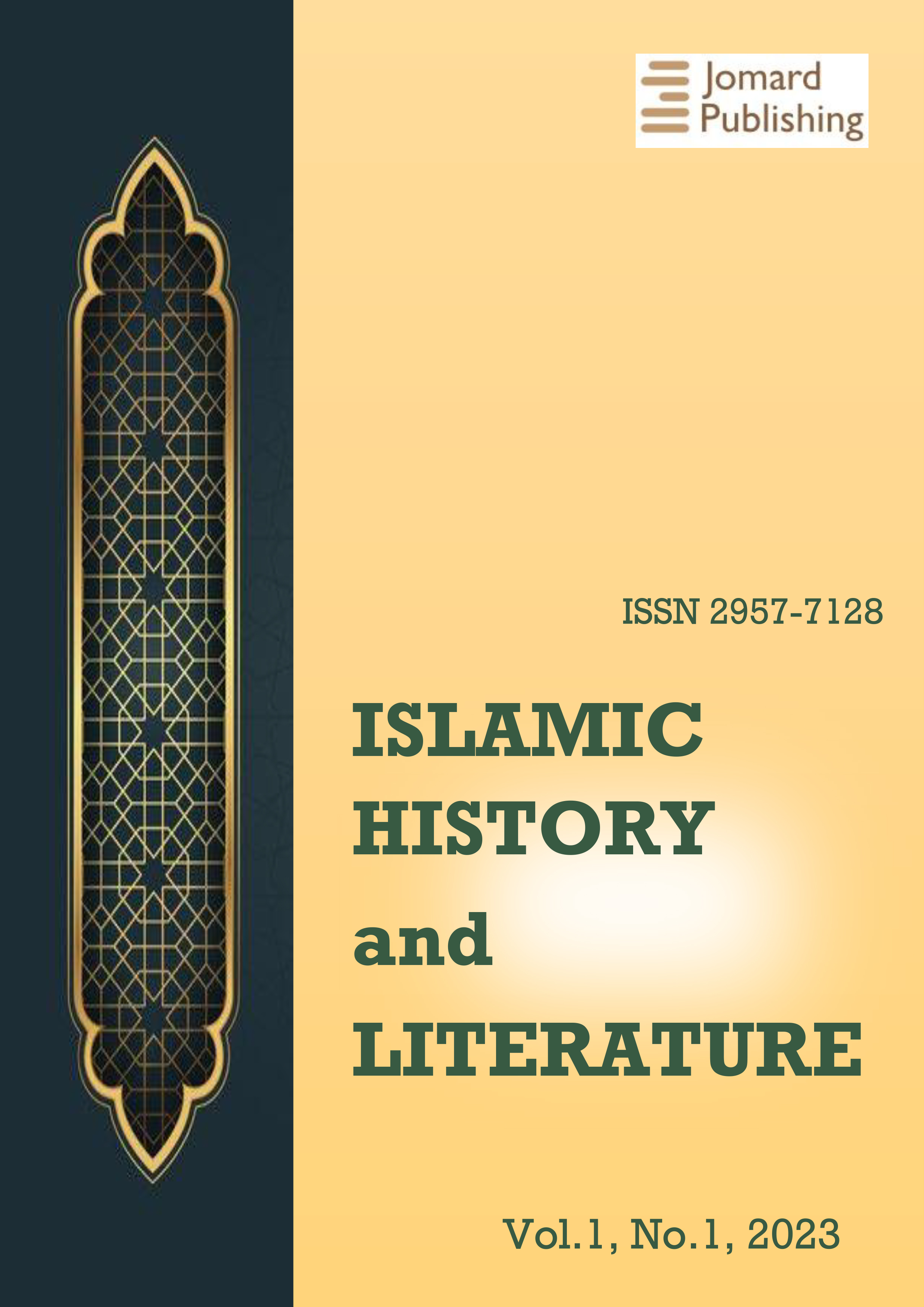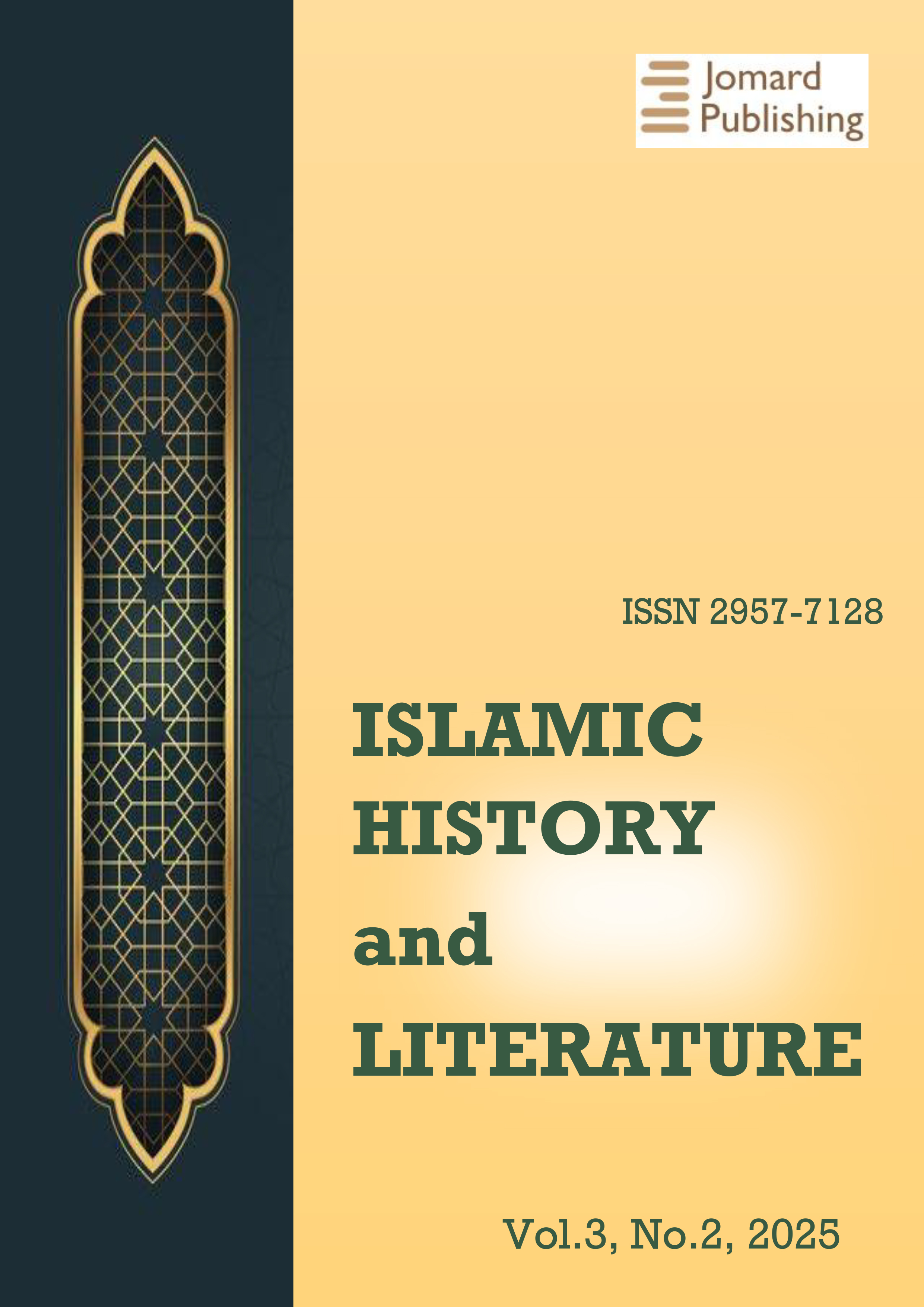Writing Java: The Politics of Authorship and Colonial Philology in Babad Tanah Jawi
- Published: 12-05-2025
Share
This article examines the complex authorship and colonial philological interventions in Babad Tanah Jawi, a foundational Javanese historical text. Spanning over two centuries of revisions, this manuscript reflects dynamic interactions between indigenous court authorship and colonial intellectual appropriation. While Yasadipura I is frequently credited as the primary author of the Major Babad (1788 version), scholarly debates continue regarding the roles of earlier contributors such as Carik Bajra and subsequent editors like Yasadipura II. The rise of Dutch philological interest in the 19th century, particularly through the Javacini figures Meinsma and Winter, further complicated notions of authorship by transforming poetic manuscripts into accessible prose for colonial governance. This study argues that authorship in Babad Tanah Jawi is less about singular attribution than about navigating ideological terrain shaped by court politics and colonial ambition. Employing an intertextual analysis between Babad Tanah Jawi and Babad Giyanti, this article identifies ideological currents embedded within the text and asserts that questions of authorship reveal deeper epistemic negotiations between aesthetic form, political allegiance and colonial epistemology. Ultimately, it offers a critical reflection on how historical texts are produced, revised and appropriated within shifting regimes of power.
- View 698
- Downloads 132
- Saveds 0
- Citations (Crossref) 0

